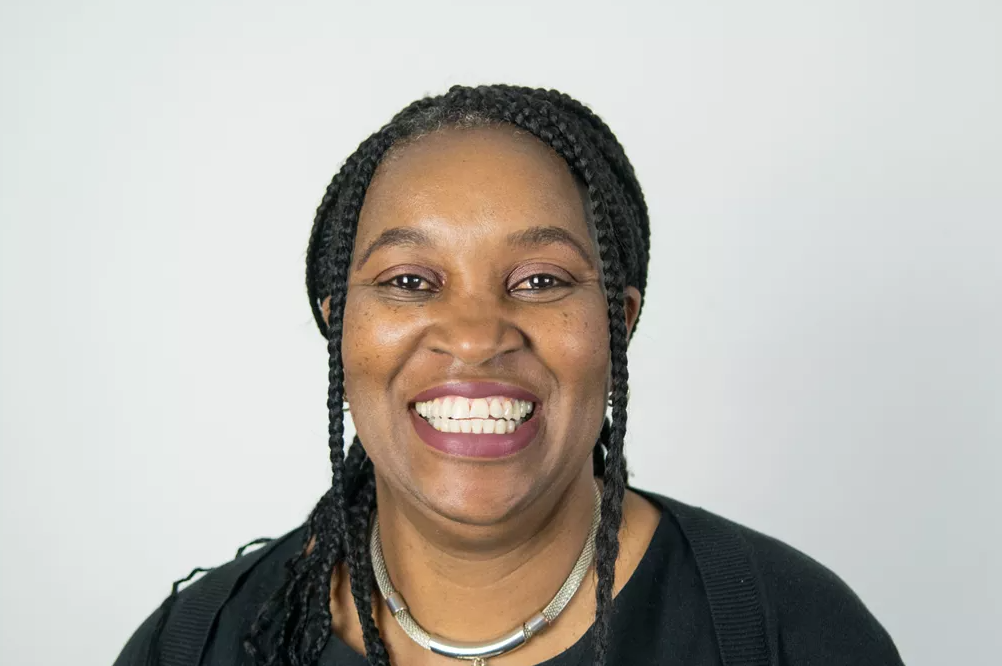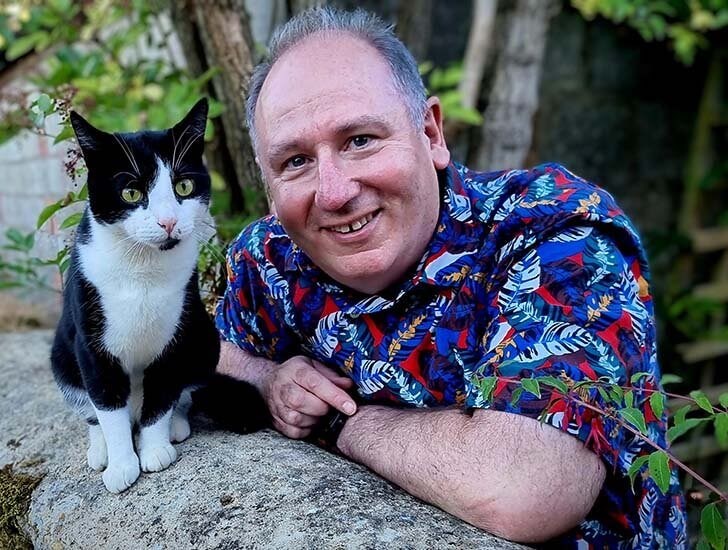The National Council of Voluntary Organisations (NCVO) is to no longer use terms such as 'BAME' (Black, Asian and Minority Ethnic) and 'ethnic minorities'.
Instead phrases, also including 'BIPOC' (Black, Indigenous, and People of Colour) will be replaced by the charity sector body in its communication with the term ‘global majority’
The move comes amid continued lack of diversity in the charity sector, particularly in senior roles, and criticism from campaigners over a lacklustre response from white led charities to improve equality and inclusion.
In making the move NCVO chief executive Sarah Vibert admits the term ‘global majority' “isn’t perfect” but believes it is “progress” and “better reflects reality”.
“Moving from classing people as a minority to a majority is an important step in reframing conversations from disadvantage to advantage and challenging existing dominant white-centric narratives,” said Vibert.
“I am grateful to the members, partners and NCVO colleagues who have challenged us to continue to evolve our use of language, as language is so important in creating inclusion.
“This is just one part of the broader work we’re undertaking to ensure we are as inclusive as possible, and we’re always happy to discuss the decision, share our learnings and listen to feedback.”
This #NationalInclusionWeek2023, we’re unveiling one way we’re changing how we talk about race and ethnicity – by adopting the term ‘global majority’.
— NCVO (@NCVO) September 25, 2023
Our CEO, @sarahvibert82, explains why language matters when it comes to inclusion👉https://t.co/ksRYHbiUCf pic.twitter.com/Yfp0B9DToi
In announcing its ‘global majority’ decision this week, the NCVO is asking other charities “to join the conversation about how we can better reflect the realities of the communities that they exist to support”. It added that people in the ‘global majority’ make up 85% of the world’s population.
“We know the language we use is important and the words we use to describe our identity holds power,” said NCVO’s director of people, culture and inclusion Woosh Raza.
“Adopting the term global majority represents progress for NCVO. We know that there will never be one perfect term that encapsulates the complex, rich and varied history, and culture of those that are part of the global majority in Britain.
“That’s why we commit to constantly evolve the language we use when discussing important aspects of people’s identity - and to share this with our membership and the wider sector.”
Among those to react to the decision is South Tyneside and Sunderland NHS Foundation Trust vice chair Ngozi Lyn , who described ditching phrases such as ‘BAME’ and ‘ethnic minorities’ as “an excellent move”.
Lack of diversity
Earlier this month campaign group #CharitySoWhite hit out at anti-racist work by white charity leaders and said in recent years it had “drowned in their requests for meaningless conversations wanting to ‘pick our brains’, ‘speak at lunch and learns’, or quotes and promotion to rubber stamp their pathetic attempts at anti-racist work”.
The NCVO’s change of terminology comes two years after it upheld complaints relating to harassment, victimisation and race discrimination in its organisation.
In 2020 it created a board-level diversity committee to tackle its lack of diversity. Then NCVO chief executive Karl Wilding pledged action to tackle its “structurally racist organisation” and “predominance of white, straight, able-bodied people in our leadership positions”.
Concerns of lack of equality in the aid sector have been raised several times in recent years. Last year MPs said that racism was “particularly pertinent” in international aid organisations, due to its roots in colonialism.
Meanwhile, according to the NCVO’s UK Civil Society Almanac for 2022 the charity sector is “less ethnically diverse than the private and public sectors” and action to improve diversity has stalled in recent years.













Recent Stories